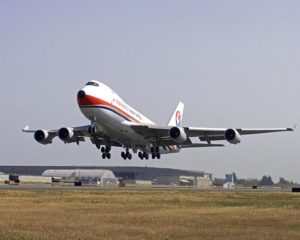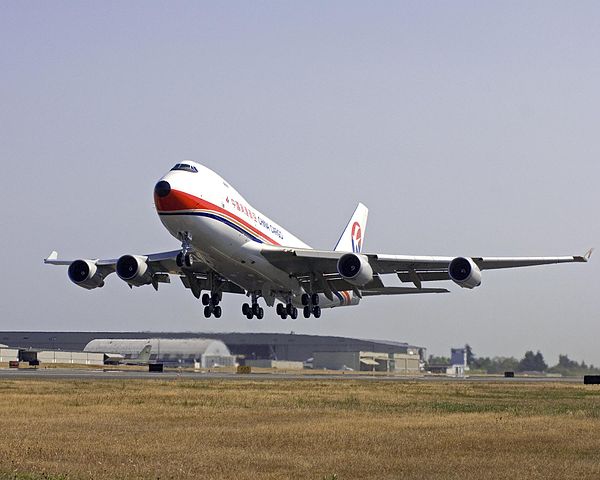 Airline industry heads remain upbeat about demand prospects for the year ahead, as cargo and passenger volumes continue to expand, according to the results of a new survey by the International Air Transport Association (IATA).
Airline industry heads remain upbeat about demand prospects for the year ahead, as cargo and passenger volumes continue to expand, according to the results of a new survey by the International Air Transport Association (IATA).
Airline CFOs and heads of cargo “remain very positive” about demand prospects in the next 12 months, based on results of the IATA’s latest Airline Business Confidence Index conducted in early April.
This is consistent with the robust growth seen in both passenger and freight volumes at the start of 2017, said IATA.
Heads of cargo expressed increasing confidence that volumes will continue to grow over the year ahead, as the forward-looking weighted-average score of the index has now risen in each of the past four surveys and is at its highest level in two years.
Their responses were consistent with the upward trend in cargo traffic seen since mid-2016. Just 10% of respondents reported a year-on-year fall in cargo volumes in the April survey—the lowest share since the October 2010 poll—and 45% of respondents reported an increase in traffic over the same period.
For passenger traffic, majority of airline CFOs reported a year-on-year increase in passenger traffic in the first quarter of 2017.
Amid ongoing signs of a broad-based upturn in global economic conditions, more than three-quarters of respondents expect passenger volumes to continue to increase over the next 12 months—the highest proportion since April 2015.
Meanwhile, on profitability in the first quarter of 2017, the airline industry heads reported a decline compared to the same period of 2016. They were also slightly less positive about profitability in the coming 12 months than they were at the start of the year.
The April results further underlined signs that the industry profit cycle peaked in the first half of last year, said the association.
About 41% of respondents reported an annual increase in operating costs in Q1 2017—the highest proportion in four years—reflecting a combination of higher fuel prices and rising labor cost pressures. These trends are expected to continue over the year ahead.
With higher costs not being fully offset by higher yields, 49% of CFOs and air cargo heads surveyed reported that profitability fell in Q1 2017 compared to the same period in 2016 (although 36% reported an increase in profits).
Moreover, given the ongoing pressure on profit margins, the proportion of respondents who expect profits to increase over the next 12 months (42%) remained well below the 60% to 70% levels that were normal a few years ago.
Nonetheless, the downward trend in passenger yields has showed tentative signs of turning around in recent months, and 35% of respondents reported higher yields in the first quarter of 2017 compared to a year ago—the highest proportion since the January 2014 survey.
Some 45% of respondents expect passenger yields to increase over the year ahead (up from 23% last time), which reflects optimism that airlines can continue to reverse the trend in unit revenues in key markets.
For the cargo side, nearly one-quarter of respondents reported an annual increase in freight yields in the first quarter of 2017—the highest share in two years.
Freight yields have stabilized alongside a recovery in the industry-wide load factor, and 28% of respondents expect yields to rise further over the year ahead. As a result, the forward-looking weighted-average score jumped above the 50-mark for the first time since the July 2014 survey.
Photo: boeingdreamscape





